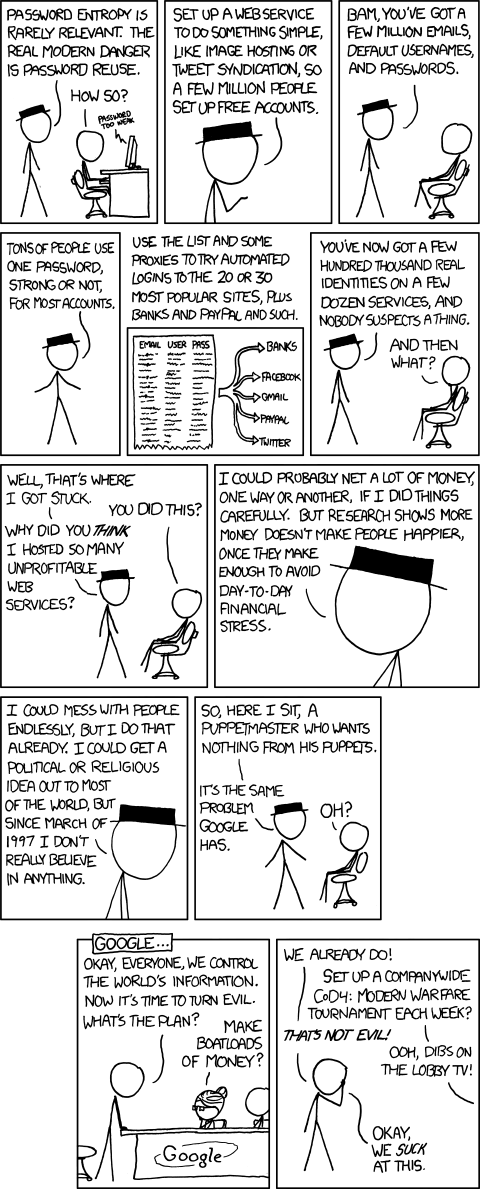All disciplines of teaching have their challenges. A computer teacher's lot is no more difficult than others and without state testing, arguably easier in some respects. However, we all have challenges and one that I believe all computer teachers face is keeping our skill set current and teaching relevant content that will be useful for our students now and for years to come.
Part of this is obviously teaching students how to think and learn for themselves (higher order cognitive skills, lifelong learning, and now, 21st Century Skills). There are plenty of good and not so good books written on this. I would like to spend a little time focusing on the challenge of how to keep your content apace of technological innovation.
If you think about it, a computer teacher must quickly and continuously go through the following cycle:
Part of this is obviously teaching students how to think and learn for themselves (higher order cognitive skills, lifelong learning, and now, 21st Century Skills). There are plenty of good and not so good books written on this. I would like to spend a little time focusing on the challenge of how to keep your content apace of technological innovation.
If you think about it, a computer teacher must quickly and continuously go through the following cycle:
- Learn of a new technology
- Educate themselves about the potential that technology offers
- Evaluate its appropriateness for their classroom
- Determine how to incorporate it into their curriculum
AND, YOU MAY BE IN DIFFERENT PHASES WITH DIFFERENT TECHNOLOGIES AT THE SAME TIME!!!!!!!!
Computer teachers must also be doing this while doing all the things teachers everywhere do, namely teach, assess and plan. Id bet most of us are also helping maintain our labs and other computers (and users!) in our schools.
How do you offer your students the best of the present and the future? I think the answer lies in high pay-off activities inside the classroom. Finding ways to explore new technology with students allows you to demonstrate how YOU learn and helps teach them critical thinking and how to transfer skills. At the same time, you can be checking out content you would like to add to the curriculum. What could be a better lesson?
I have been experimenting with this and have found it to be pretty fun for both me and students. Here are a few things Ive learned:
- This needs to be an activity for more advanced students with whom you have a solid relationship.
- You can use the setting to evaluate content for that class as well as lower level classes. Just make sure the students have skills in similar venues, especially girls. If there is no point of familiarity many get turned off.
- Small class or group sizes work best.
- If your evaluation is positive, let the students run with it a while, possibly making a project. You will be surprised at where they take it with just a little guidance.
Finally, the big "ah ha" I recently had was to ask my students who have done this to take a few days and research a topic we had only briefly touched on and then guide the whole class on a mutual exploration of that application in more detail. We have come across many things we just have not had time to explore in depth so this was their chance to go deeper. I told them they didn't need to become experts, just get familliar enough to ask the right questions or suggest a direction. We have just started this project and all I can say is that it is FUN!
Try it, you won't be disappointed.




